Passport Ranking
In an increasingly globalized world, a passport holds significant value as it determines a person’s ability to travel internationally. Beyond its practical use, a passport reflects the diplomatic relations, economic standing, and geopolitical influence of a country. The Henley Passport Index (HPI), an annual ranking system, has gained prominence as a reliable measure of passport strength worldwide. Updated recently on January 8, 2025, the latest edition of the index reveals shifts in rankings, geopolitical dynamics, and new travel privileges for citizens around the globe.
The Henley Passport Index: A Brief History
The Henley Passport Index, developed in 2006 by Henley & Partners in collaboration with the International Air Transport Association (IATA), ranks global passports based on the number of destinations their holders can access visa-free or with visa-on-arrival. The index includes 199 passports and 227 destinations, making it one of the most comprehensive tools for assessing global mobility.
The ranking methodology is straightforward: each passport is awarded a score corresponding to the number of destinations its holders can enter without requiring a visa prior to travel. For example, if a passport provides access to 150 destinations visa-free or visa-on-arrival, its score is 150. This seemingly simple metric encapsulates complex international relationships and highlights disparities in global mobility.
Top-Ranked Passports in 2025
The Henley Passport Index 2025 revealed several key changes in rankings, with Asian nations continuing to dominate. Here are the top-ranking passports:
Singapore
Singapore has reclaimed the top spot in 2025, with its citizens enjoying visa-free or visa-on-arrival access to 195 destinations. This remarkable achievement reflects Singapore’s strong diplomatic ties, stable economy, and commitment to international cooperation.
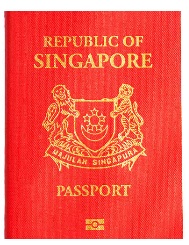
Japan
Japan, which had held the top position for several years, is now ranked second with visa-free access to 193 destinations. Despite the slight drop, Japan remains one of the most powerful passports globally, underscoring its strong diplomatic relationships.

Germany, Italy, and France
These three European nations share the third position, each providing their citizens with access to 192 destinations. Their high ranking is indicative of the European Union’s global influence and the Schengen Agreement, which facilitates free movement across Europe.
South Korea, Spain, and Finland
Tied for fourth place, South Korea, Spain, and Finland allow their citizens access to 191 destinations visa-free or with visa-on-arrival.
Austria, Netherlands, Denmark, Sweden, Ireland, and Norway
These countries share the fifth position, granting their citizens visa-free access to 190 destinations.
United Kingdom
The United Kingdom has improved its position to sixth place, offering access to 189 destinations. This reflects the country’s ongoing efforts to strengthen its global partnerships post-Brexit.
United States
The United States ranks eighth with visa-free access to 186 destinations. Despite its economic and geopolitical influence, the U.S. passport has slipped in rankings due to tighter immigration policies and reduced bilateral agreements in recent years.
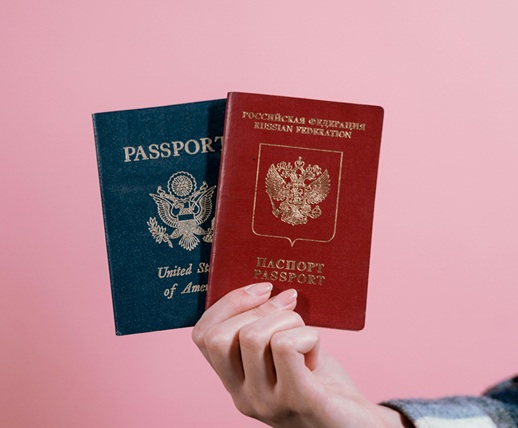
India’s Passport Ranking
India, a nation of over 1.4 billion people, has seen a slight decline in its position on the Henley Passport Index. Ranked 85th in 2025, down from 80th in 2024, the Indian passport provides visa-free or visa-on-arrival access to 57 countries. While the ranking reflects India’s ongoing efforts to improve its global influence, challenges such as bureaucratic hurdles and limited bilateral agreements impact its score.
Indian passport holders can travel visa-free to destinations like Nepal, Bhutan, Indonesia, Maldives, and several African and Caribbean nations. However, major global destinations like the United States, Canada, and most European nations still require visas, limiting travel flexibility for Indian citizens.
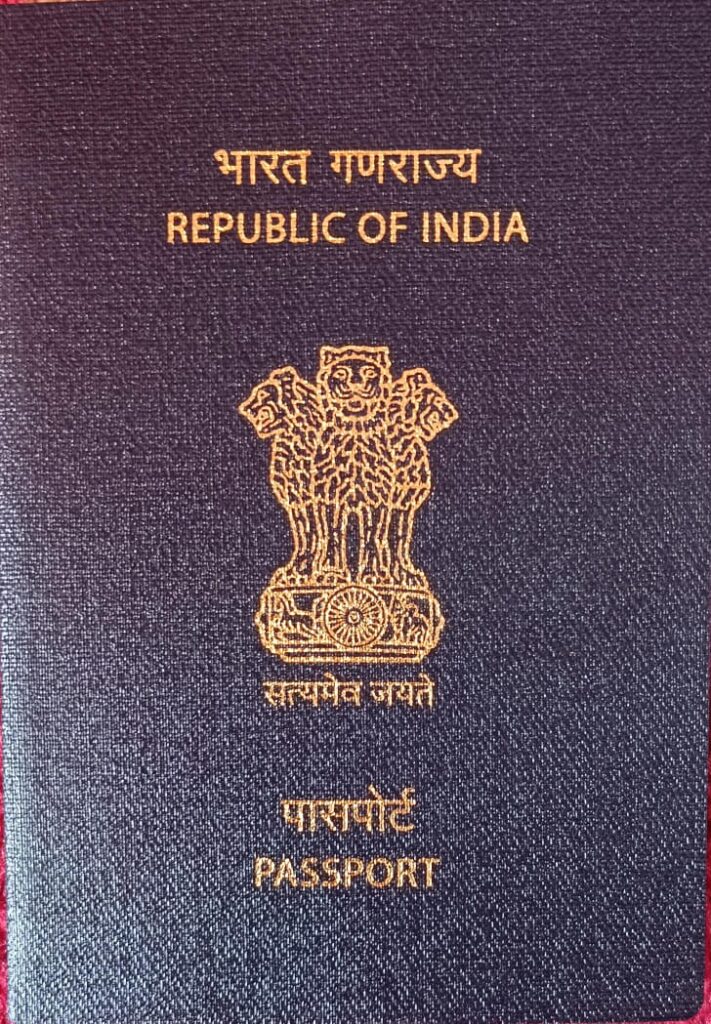
Countries with the Weakest Passports
At the bottom of the Henley Passport Index are countries whose citizens face significant travel restrictions due to political instability, ongoing conflicts, or strained diplomatic relations.
Afghanistan
Afghanistan remains at the bottom of the index, ranked 199th. Afghan citizens can access only 26 destinations visa-free or with visa-on-arrival. This reflects the severe impact of political instability and international sanctions on the country’s mobility.
Iraq
Ranked 198th, Iraqi passport holders can travel to 29 destinations without requiring a visa. Decades of conflict and strained international relations contribute to this low ranking.
Syria
Syria ranks 197th, with access to 30 destinations. Years of civil war and ongoing geopolitical tensions have isolated the country internationally.
Pakistan
Ranked 196th, Pakistani passport holders have visa-free or visa-on-arrival access to 33 destinations. Security concerns and limited international agreements weigh heavily on its ranking.
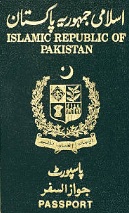
Yemen
Yemen occupies the 195th position, allowing visa-free access to 34 destinations. Like Syria, prolonged conflict and humanitarian crises have hindered its international mobility.
Regional Insights
Asia
Asian nations, particularly Singapore, Japan, and South Korea, dominate the top of the index. This is due to their economic power, diplomatic relationships, and regional stability. Southeast Asian nations like Malaysia and Thailand also perform well, highlighting the region’s growing global influence.
Europe
Europe continues to be a stronghold of high-ranking passports. The Schengen Agreement and the European Union’s cohesive policies enable seamless travel for most European citizens. Smaller nations like Luxembourg and Malta consistently rank high, reflecting their strategic diplomatic efforts.
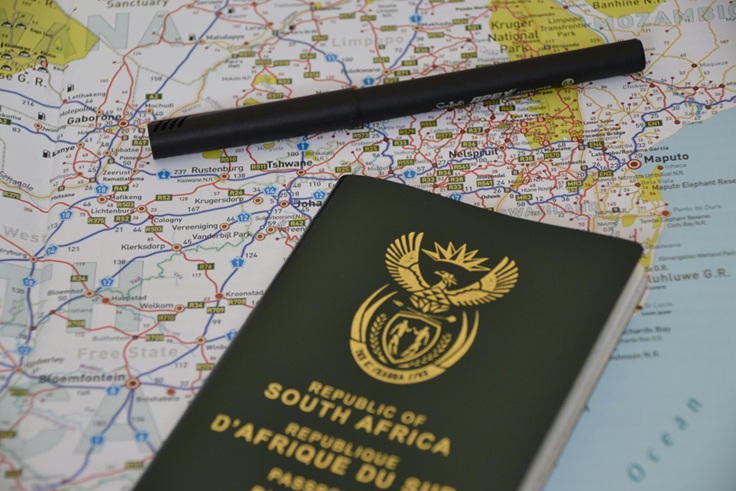
Africa
African nations face diverse challenges in terms of mobility. While Seychelles and Mauritius rank high, offering visa-free access to over 140 destinations, most African countries rank lower due to limited international agreements and economic constraints.
The Americas
North American countries, such as the United States and Canada, remain in the top tier. However, Latin American nations, including Chile, Brazil, and Argentina, have also improved their rankings, benefiting from regional partnerships and growing international recognition.
Significance of Passport Rankings
Passport rankings are more than just a numerical score; they reflect a nation’s standing in the global community.
Diplomatic Relationships
A strong passport indicates healthy diplomatic relationships and mutual trust between nations. For example, Singapore’s top ranking highlights its extensive network of bilateral agreements and global goodwill.
Economic Power
Wealthier nations often rank higher due to their ability to negotiate visa-free agreements. Economic stability is a key factor in determining global mobility.
Global Mobility
Passport rankings expose stark inequalities in global mobility. Citizens of high-ranking countries enjoy unparalleled freedom, while those from lower-ranked nations face significant barriers to travel, limiting opportunities for education, employment, and personal growth.
Crisis Response
During crises, such as natural disasters or political unrest, a strong passport can provide citizens with faster access to safe havens or opportunities to escape volatile situations.
Challenges and Criticisms
While the Henley Passport Index provides valuable insights, it is not without criticism:
Simplistic Metrics
The index focuses solely on visa-free access, overlooking other factors like the ease of obtaining visas or the quality of life in destination countries.
Overemphasis on Wealthier Nations
The index often highlights the privileges of wealthier countries, inadvertently reinforcing global inequalities.
Temporary Restrictions
The rankings may not account for temporary travel restrictions due to pandemics, political tensions, or security concerns.
Conclusion
The 2025 Henley Passport Index highlights the dynamic nature of global mobility and its underlying political, economic, and social factors. While nations like Singapore, Japan, and Germany continue to dominate, countries with weaker passports, such as Afghanistan and Iraq, face significant challenges. For individuals, a strong passport translates to freedom and opportunity, while for nations, it is a marker of their influence on the global stage.
As the world evolves, so too will the mobility landscape. Policymakers must prioritize strengthening diplomatic ties and addressing inequalities in global mobility to ensure a more inclusive future.
Disclaimer
This blog aims to provide a comprehensive overview of the Henley Passport Index as of January 8, 2025. Rankings and data are based on publicly available information and are subject to change due to evolving geopolitical dynamics and updates to the index. The information provided here is intended for informational purposes only and does not constitute professional or legal advice. Readers are encouraged to consult official sources, such as the Henley Passport Index or respective government agencies, for the most accurate and up-to-date information. The views expressed in this article are independent and do not reflect those of the Henley Passport Index or its affiliates.

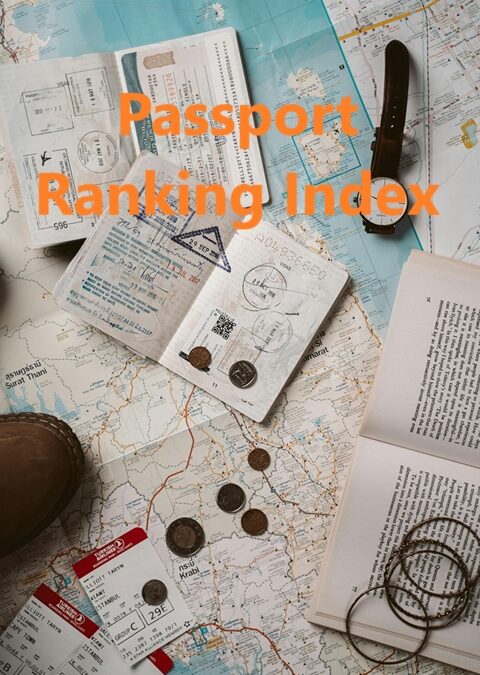
Recent Comments